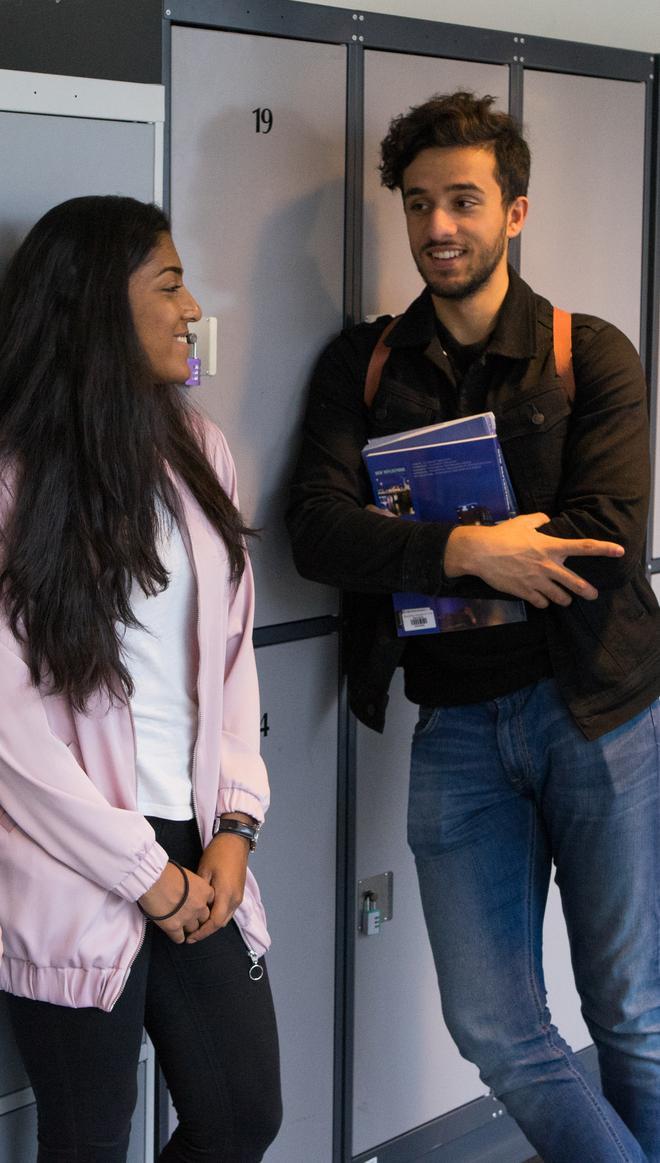How to Make Small Talk

If you think small talk is superficial and that people should just get to the point, then consider all the information you exchange with people around you in the course of a day. How necessary is it? You do not say, “Nice day, isn’t it?” to tell someone that the weather is good. Sharing facts is not the point; communication is. We talk about obvious things because we want to connect, and the weather is the one thing we know we have in common with a perfect stranger.
Body language is also a part of small talk. Smiling, making eye contact and standing tall all indicate that you are interested and friendly. As they say, first impressions matter, and they are usually formed before you have the chance to say anything at all!
- Small talk is a useful social skill to have.
- Being a good small talker can make you more relaxed in unfamiliar situations.
- In English-speaking countries, you risk appearing rude if you do not talk to anyone else in a social situation like a party or at a lunch with a mixed crowd of people.
- The reason we talk about the weather with strangers is in order to get meteorological information.
- First impressions are almost always based on what a person says.
Rank the following list, in order of importance, of small talk in each situation (1 being the most important, 2 the second most important, etc.). Then discuss your list with a partner or two.
Small talk is important when you are among people you do not know/ know well:
- at a party
- on an airplane
- in a break at a lecture or meeting
- at school
- at a social lunch or dinner
- in a line at the store
- in an online game or social arena
- in the dentist’s waiting room
Afterwards. see if you can come up with other places where you might make small talk. Make a list- as long as possible (but keep it realistic – waiting in line for the bathroom at an intergalactic space disco on Mars is not plausible!).